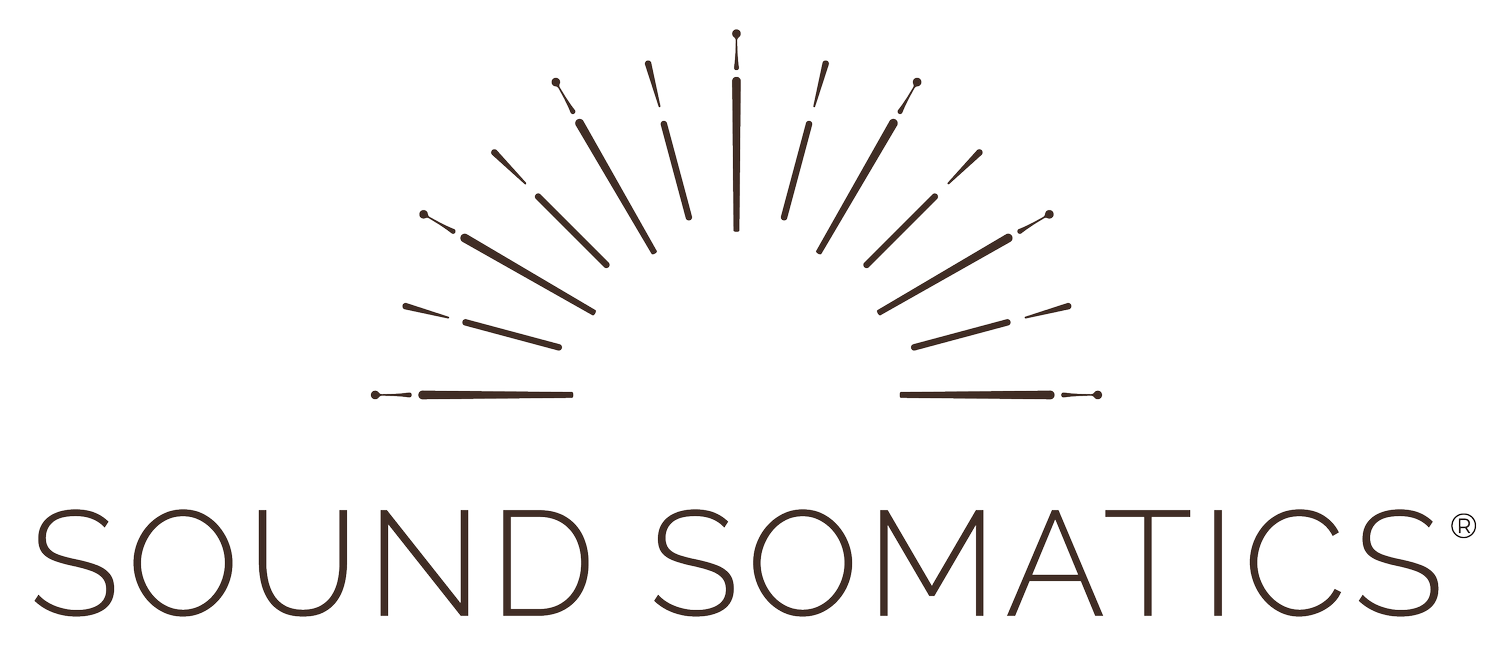Rethinking Stress - Why Perhaps You Shouldn’t Relax
A few weeks ago, I was in a meditation class for the first time in a couple of years. The instructor was lovely, but I was struck by many of her cues which focused on relaxing the body.
Relax your jaw.
Soften your face.
Let go of tension in your hips.
With each prompt, I felt my body do the opposite of what she was suggesting. I wasn’t surprised by this reaction as I don’t like being told what to do, and neither does my body.
So instead of asking my body to relax, I ignored the instructor’s cues and just noticed what my body wanted to do.
Did my jaw want to relax? No. Did it want to clench? Yes.
Did my face want to relax? No. The area around my right eye and cheek wanted to contract.
Did my hips want to relax? Maybe.
I spent about 10 seconds allowing my jaw to clench, another 10 seconds letting the right side of my face contract, and finally letting my hips figure out if they wanted to tighten or not. After this sequence, I noticed my body take a deep full breath. My nervous system shifted into a state of complete ease.
I share this experience because so many of us look for this state of ease in our lives - at work and at home - yet we find it elusive.
That’s in part because most suggestions to reduce stress aren’t particularly effective. They often orient more towards controlling our body - or mind - even in meditation classes where we’re practicing letting go.
One of the many lessons somatics continues to teach me is to move past this need for control, and instead to work with the inherent wisdom in our bodies.
For example, if I’m stressed and my body wants to tense and contract, my immediate reaction is usually to try and make my body relax. But if instead I can follow my body’s lead and let it tense up and perhaps exaggerate this contraction, that can open the door to a releasing process that helps me access a deeper state of ease on the other side.
Similarly, if my jaw wants to clench because I’m frustrated, I usually find far more success when I give myself a few moments to lean into the clenching, acknowledge the frustration, and then notice my jaw naturally soften and my nervous system settle right afterward.
This not only helps me in the moment, but it means that I’m not suppressing stress and emotions into my body.
It may seem counterintuitive that if you’re stressed, maybe you shouldn’t relax. But it’s worth exploring if your current strategies for stress management aren’t optimal.
If you’d like to try this out, you can start by noticing how you’re feeling in this moment. What is your mood? How are your energy levels? Does your body feel stressed? See if you can accept and allow whatever is present, without needing to feel different.
Then, you can notice if in this moment, your body would prefer to tighten and contract or soften and relax. You can spend a few seconds trying each option, then spending 5-10 seconds holding whichever your body would prefer. If you’re not sure, you can experiment with each option a few times.
You can also start with just your hands. For example, right now would your hands prefer to tighten and clench into a ball, or open up, extending and softening your fingers? Try each option and spend 10 seconds holding and perhaps exaggerating whichever feels best. Then, notice how you feel.
If your body involuntarily takes a deep breath, sighs, swallows, or yawns, these are clues that your autonomic nervous system has shifted into a more parasympathetic state. In other words, these are signs your body has accessed a state of ease that is oftentimes deeper and more lasting than when your mind tries to control or convince your body to relax.*
My hope is that by respecting and partnering with your body, you can more easily work with stress as it arises in your life.
If you try this out, I’d love to know how it goes. And, I’m curious if you’ve heard of an approach like this before? Let me know here or in the comments.
*In the rare event this practice makes you feel more agitated, hold off for now and revisit it another time. As with all somatic practices, the goal is to invite shifts that are meaningful and always within your comfort zone.

